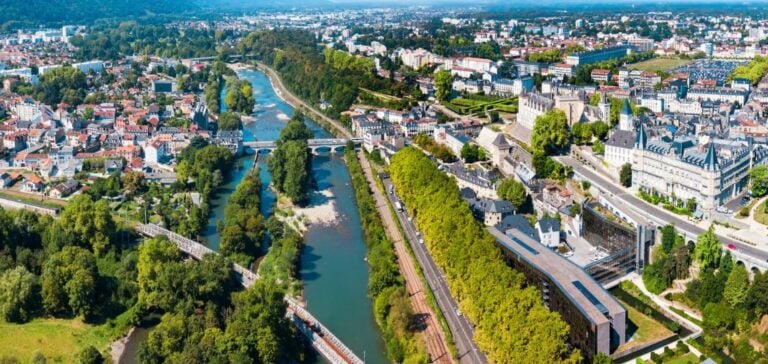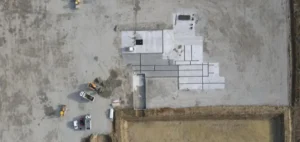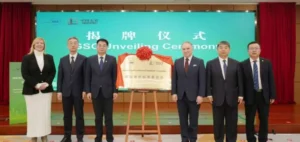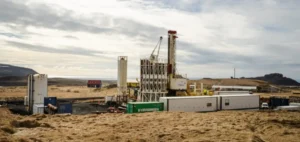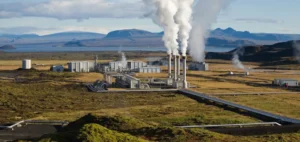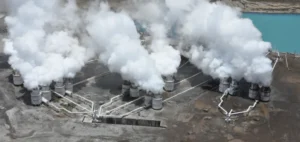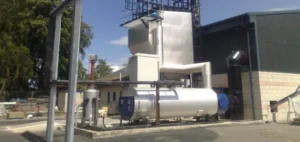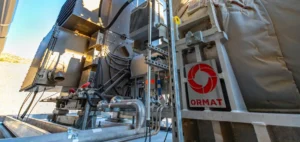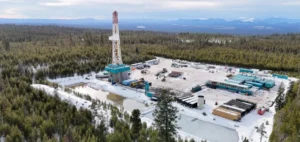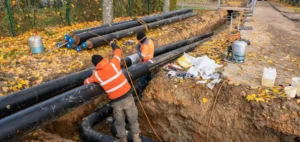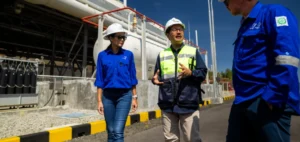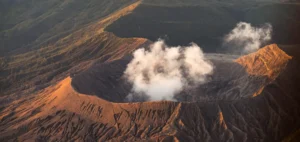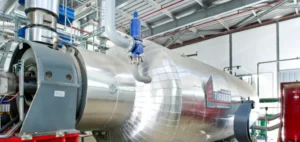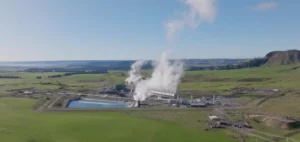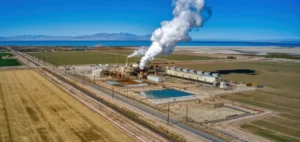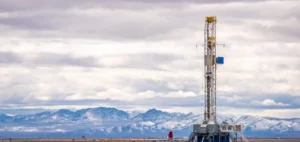The project aims to store surplus renewable energy produced in summer for use in winter, thus reducing dependence on natural gas. This Pit Thermal Energy Storage (PTES) system uses water or mineral materials to store heat. This initiative could transform district heating networks by increasing their share of renewable energies and optimizing their management. Inter-seasonal storage is particularly relevant for district heating networks such as the one in Pau. In summer, when renewable energy production is in surplus, the surplus can be stored and used in winter to meet consumption peaks. This not only maximizes the use of renewable energies such as geothermal power, but also reduces the operating costs associated with the use of fossil fuels.
TREASURE Program Framework
TREASURE, funded by the European Union to the tune of €9,894,688.40, aims to demonstrate the effectiveness of thermal storage systems in decarbonizing district heating networks. The project includes 15 initiatives in 5 countries, with a consortium of 24 partners. The first French phase, comprising technical, economic and environmental studies, is scheduled to last a year. The aim of this phase is to assess the feasibility of an operational demonstrator. TREASURE’s ambition is to bridge the gap between research and practice in order to gradually eliminate dependence on fossil fuels in district heating networks, in line with the objectives of the European Green Deal. The project focuses on improving the design, development procedures and operation of thermal storage systems for better integration into existing heating networks.
Key Partners
Three major French players are involved in this project:
– Communauté d’Agglomération Pau Béarn Pyrénées**: manager of a 44 km heating network, supplying 11,000 homes.
– ENGIESolutions**: network operator, using local renewable sources, in particular hydrogen .
– Newheat**: specialist in renewable heat storage.
The Communauté d’Agglomération Pau Béarn Pyrénées recently inaugurated its heating network, which comprises 169 substations and supplies 208 subscribers. The network is supplied 50% by the Lescar waste-to-energy plant, 25% by the biomass plant in Lons and 25% by the gas plant at the Université de Pau et des Pays de l’Adour. The TREASURE project aims to further increase the share of renewable energies in this energy mix.
Implications and prospects
Hugues Defreville, president and co-founder of Newheat, highlights the potential of this technology to improve energy efficiency. He emphasizes that heat storage solutions are mature and can be deployed to replace a significant proportion of fossil fuels. In-pit storage would make it possible to use surplus heat produced in summer to meet winter needs, providing a solution to seasonal variations in renewable energy production. François Bayrou, President of the Communauté d’Agglomération Pau Béarn Pyrénées, notes the importance of meeting new energy needs while improving the coverage rate of renewable energies beyond the current 75%. The local authority, always a pioneer in energy innovation, sees this study as an opportunity to make progress towards a sustainable energy transition. Cédric Maisonneuve, Director of the Territoire Sud ENGIE Solutions engineering office, insists on the objective of defining the key parameters for a virtuous and stable storage project. He points out that ENGIE Solutions is exploring all technologies capable of contributing to the extension and greening of heating networks, making this European project particularly relevant. The study of this innovative thermal storage system marks an important step towards better management of district heating networks, and could serve as a model for other European cities. The success of this initiative could accelerate the deployment of 100% renewable heating networks, reducing dependence on fossil fuels and contributing to European climate objectives.


